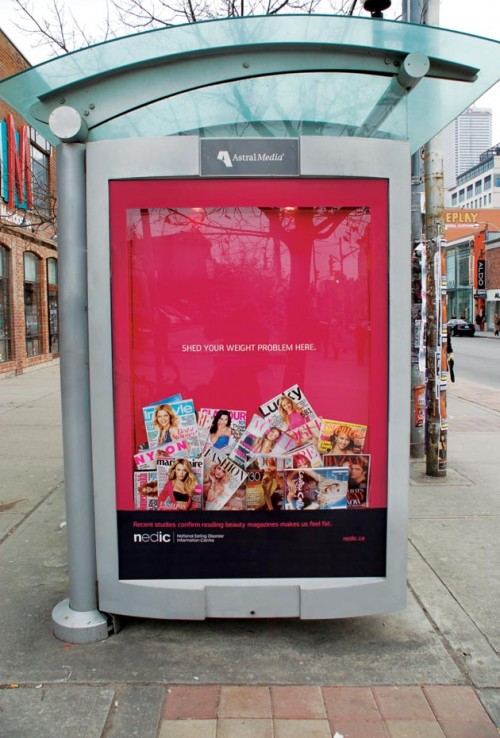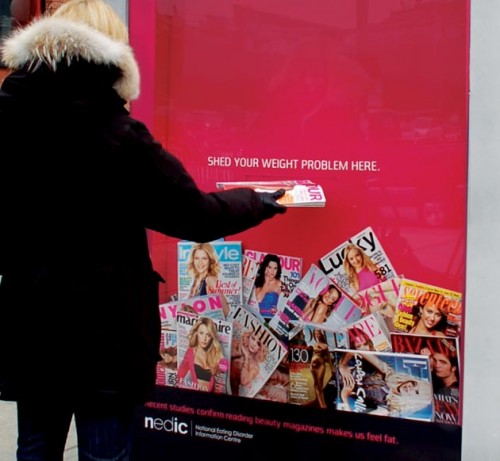Prostitutes have often been at the forefront of challenges to gender conventions. Already at the fringes of “respectable society,” by choice or circumstance, these women often have less to lose than others.
The Mardi Gras Baby Dolls are an excellent example. NPR’s Tina Antolini writes that the baby doll tradition began in 1912. That year a group of African American sex workers dressed up like baby dolls and took to the streets to celebrate Mardi Gras.
Baby dolls, 1930s (CNN):
Calling your lover “baby” had just become part of the English language. Meanwhile, actual baby dolls, the toy, were rare. By dressing up this way, they flouted both gender and race rules. Women were largely excluded from masking for Mardi Gras and African Americans were still living under Jim Crow. Black women, by virtue of being both Black and female, were particularly devalued, sex workers ever more so. Asserting themselves as baby dolls, then, was a way of arguing that they were worth something.
“[I]t had all that double meaning in it,” explains historian Kim Vaz, “because African-American women weren’t considered precious and doll-like.”
It was a bold thing to do and the Baby Dolls carried walking sticks with them to beat off those who accosted them.
Today, honoring those brave women that came before, the tradition lives on in a city with the richest and most creative and unique traditions I have ever encountered. Happy Mardi Gras, Baby Dolls! Have a wonderful day tomorrow!



For more, visit They Call Me Baby Doll. Cross-posted at Pacific Standard.
Lisa Wade, PhD is an Associate Professor at Tulane University. She is the author of American Hookup, a book about college sexual culture; a textbook about gender; and a forthcoming introductory text: Terrible Magnificent Sociology. You can follow her on Twitter and Instagram.








